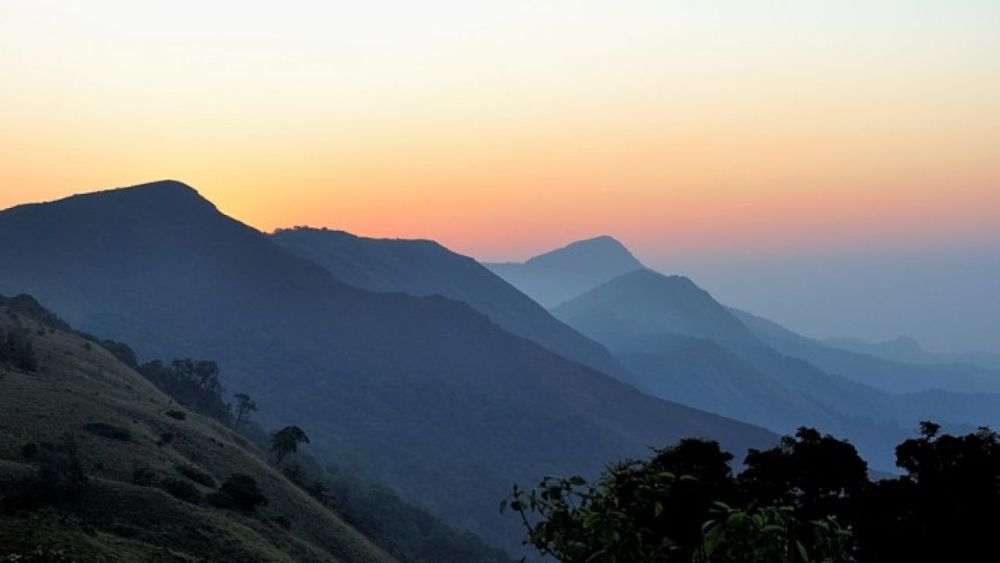

Nestled in the Western Ghats of Karnataka, Coorg, also known as Kodagu, is one of the premier tourist destinations in India. Renowned for its breathtaking landscapes, lush coffee plantations, unique culture, and warm hospitality, Coorg's history of tourism can be traced back to the British colonial era. It was during the 19th century that the British, who were in control of this region, started developing the area for its potential in agriculture, particularly for coffee cultivation. They established various estates, which not only became the backbone of the economy but also future tourist attractions.
The charming beauty of Coorg was not lost on the British officers who often compared its scenic hills and cool climate to that of Scotland, earning it the nickname 'The Scotland of India'. Over the years, these natural and climatic features of Coorg made it a preferred summer getaway for the British and Indian aristocracy alike, giving rise to its tourism industry.
After India's independence, tourism in Coorg grew gradually. The district was relatively unknown to the outer world, but those who visited were enchanted by the welcoming nature of its people, the Coorgi culture, and the stunning natural beauty. In the mid-20th century, the state government recognized the potential and began promoting Coorg as a tourist destination. By the end of the 20th century, Coorg had started to emerge on the national tourism map.
The onset of the 21st century marked a significant boost in Coorg's tourism sector. With the growth of the Indian economy, there was a surge in domestic tourism, and Coorg was a beneficiary of this development. The infrastructure was expanded with better roads, more accommodation options ranging from luxury resorts to homestays, and improvements in communication and transport networks.
In recent years, Coorg has seen a shift from traditional tourism to more experiential and adventure tourism. Tourists are now looking for authentic experiences that include:
As of the latest developments, Coorg has been working towards balancing tourism growth with conservation efforts. The local government and various NGOs are actively involved in preserving the natural and cultural heritage of Coorg while ensuring that tourism remains a viable source of income for the local community.
Today, Coorg remains one of the jewels in Karnataka's crown, continuing to attract an ever-increasing number of visitors from across the world. The blend of natural beauty, adventure, culture, and serenity makes Coorg a must-visit destination for any travel enthusiast.